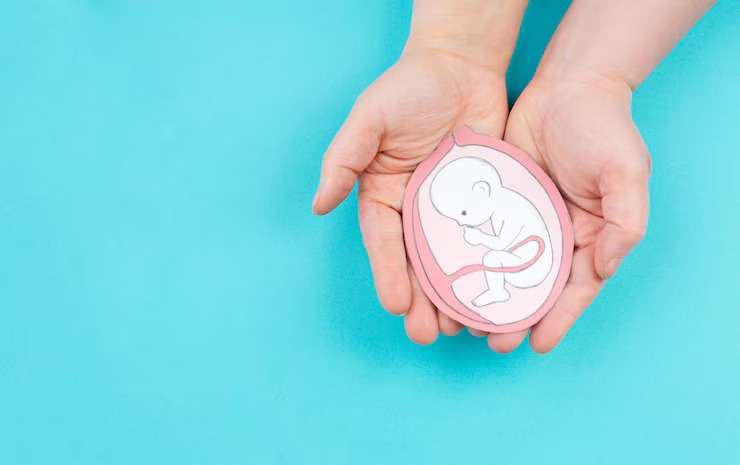While people find it extremely challenging to adapt to the various ways of getting pregnant, one of the most standard procedures was IUI, or intrauterine insemination. This procedure involves the direct implantation of sperm into the uterus to maximise the chances of pregnancy. This procedure ensures that the sperm has higher chances of getting access to the egg and thus increases the possibility of conception. However, people have the misconception that IUI is painful, but that’s a complete myth. In this blog, we will explain how things work and whether or not IUI is a painful procedure.
What is IUI?
IUI addresses male infertility-related issues, which include a low sperm count or if the sperm is too frail and slow to reach the fallopian tubes. With the IUI (intrauterine insemination) procedure, the sperm is inserted into the uterus very close to the egg. The best thing about IUI is that it's non-invasive and cost-effective compared to other expensive fertility treatments. The process takes no longer than 15 minutes and is significantly safer and more comfortable for improving fertility.
Is IUI painful?
Truth be told, the first time the sperm is placed inside the uterus, slight discomfort might be experienced. While some might find things intolerable, most women do not experience any sort of pain. However, as it's a minimally intrusive process, the patient won't be sedated or need to take painkillers. The IUI procedure is conducted only when you are anticipating ovulation. The sperm cells are directly injected into the uterus to facilitate the proximity between the egg and the sperm. This makes the fertilisation process easier by cutting down the sperm’s journey to the uterus.
Mild cramping and a minor feeling of pinching might be experienced by a few patients when the catheter is inserted into the cervix. However, if this sensation intensifies, then the doctor needs to be informed to handle the situation immediately. During the treatment, minor bleeding and cramps might occur, but the pain subsides as soon as the catheter is withdrawn. A small amount of bleeding happens when the tube scratches the cervix, but overall, it's not dangerous.
It can be concluded that IUI is not a painful treatment, but if the uterus is inflamed, then minor cramping and bleeding might be experienced. However, our team of doctors at IRM can help you go through the procedure smoothly with minor complaints.
People who go for the IUI treatment
If the male partner’s sperm count is low or sperm mobility is not sufficient, then this procedure is performed. IUI is recommended in the following situations:
- • Single women looking to get pregnant
- • Undiagnosed infertility
- • Males with insufficient sperm
- • Mucous issues in the cervix
- • Men having trouble getting an erection
- • Mild endometriosis
- • Same-sex couples wishing to have a baby
- • Couples who do not want to pass on the genetic abnormalities of their male partner to their unborn child
Who should avoid the IUI procedure?
Women with acute fallopian tube conditions should avoid this procedure. Even people with mild to severe endometriosis shouldn't undergo the IUI treatment.
Which procedure is more painful, IVF or IUI?
The level of pain experienced during IVF, in vitro fertilisation (IVF), and intrauterine insemination (IUI) varies depending on the person. Both procedures are not entirely comfortable but depend on the techniques used, individual tolerance, and the patient's overall health.
IUI is generally less painful than IVF as it is generally faster, does not require anaesthesia, and the discomfort subsides shortly after the procedure is over. IVF might be more painful, but since it is performed under sedation or anaesthesia, patients don't face any discomfort right away. However, some women complain of mild cramping and bloating. IVF is more invasive, and the procedure has to go through multiple stages.
Take the final call
The decision between IUI and IVF needs to be based on medical recommendations, and while discomfort might be a factor to consider, the focus should be on which treatment offers better chances of pregnancy. IRM can be a great choice for IUI or IVF. Our team of doctors is trained and qualified enough to diagnose the underlying cause and perform treatments that ensure success, keeping in mind your safety and comfort. Connect with our team to get more details for ensuring a seamless experience.






